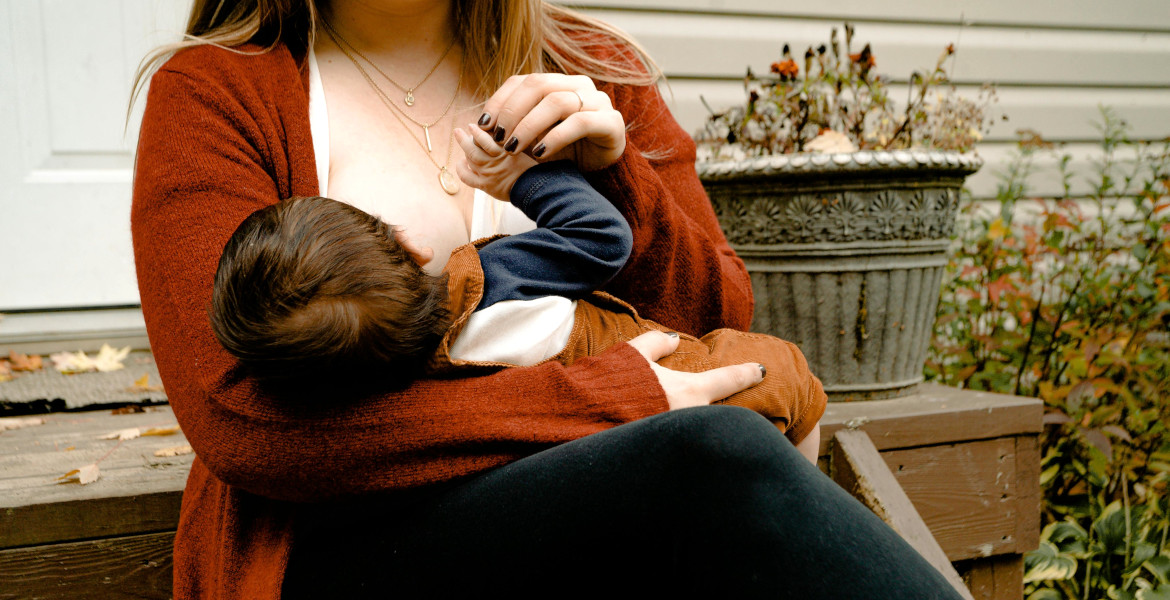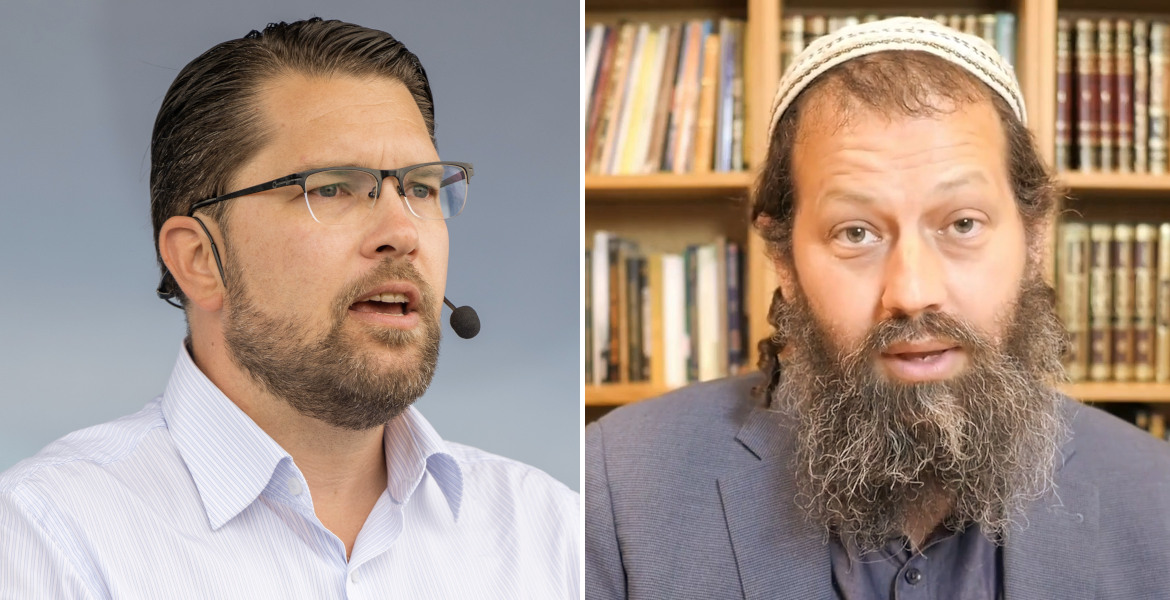As many as one in four Swedish women are now unsure whether they want to have children – or don't want to have children at all – according to a study from Uppsala University. This is a marked increase compared to 2014, when only one in ten expressed the same opinion.
The study, published in The European Journal of Contraception & Reproductive Health Care, involved 569 women who visited a gynecological clinic in Uppsala. The women, whose average age was 24, were asked to answer a questionnaire about lifestyle, attitudes to reproduction and sex.
The results showed that 75% said they wanted to have children, which is a sharp decrease from 2014 when 91% said they wanted to have children.
– The fact that one in four people do not want to have children or are unsure whether they want to have children is very high. We already know that the birth rate is falling, but we have not known whether this can be explained by other factors, such as fertility problems. Our study shows that it may be that women simply don't want to and that it may be because the world has been uncertain in recent years, says Cerisa Obern, PhD student and first author of the study, in a press release.
Most common reason: No desire
Forty of the women who did not want children also provided reasons for their decision. The most common explanation was a general lack of desire to become a parent. The second most frequent reason was health concerns, such as not wanting to pass on hereditary diseases. The third group cited prioritizing personal freedom, while financial reasons ranked fourth. The fifth group expressed concerns about climate change and overpopulation.
– It’s valuable to gain a better understanding of these perspectives. It’s also important for policymakers to be aware of these concerns. For instance, increasing child benefits could help those experiencing financial stress. It might also make it easier for people in long academic programs - who may not earn their first salary for several years - to consider having children, says Obern.




